
Kathakar
By Kathakar Media
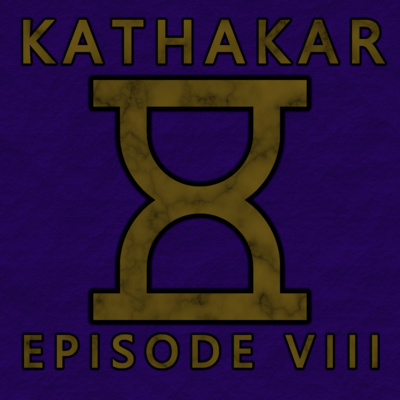
KathakarAug 07, 2021

Episode 17: Specialization and the Division of Labor - A Networked Approach
Throughout the history of civilization, there have been key moments that have defined its rapid growth. From increased output, trade, and technology came the idea of division of labor, or specialization, which allowed for members of society to take up different roles to support the community– creating increased output and greater innovation. However, a question has lingered throughout sociological research– how does specialization emerge from communities engaged in mechanical solidarity? This problem is not simply constrained to history, as the origins of collectively coordinating specialization lends itself to better understanding industrial development in our modern world. To discuss the history of division of labor and specialization, we are joined today by Dr. Emily Erikson, professor of sociology at Yale University and academic director of the Fox International Fellowship. With Dr. Erikson, we discuss her paper titled Network, Property, and the Division of Labor and explore her use of computational and simulation-based methods in considering the effect of different network structures on the propensity for economic producers to develop a complementary division of labor.

Episode 16: An Exploration of Comparative Politics and Case Studies from Africa
Following World War II, the study of comparative politics and government grew as historians and governments tried to gain an understanding on the types of policies that states should enact to ensure their future prosperity. Questions regarding research design immediately began popping up: How could causation be established between the passage of a policy and subsequent benefits or misfortunes? What is the extent to which generalizations regarding policy passage in countries or governing bodies across the world can be made? How can real, hard data and evidence be used in statistical experiments when determining a policy’s impact? All these questions held merit and required careful development of computational procedures in political science research to foster the field of comparative politics and guide government activity. To dig deep into the study of comparative politics and its evolution over time, we are joined by Dr. Evan Lieberman, Total Professor of Political Science and Contemporary Africa and Director of the Global Diversity Lab at the Massachusetts Institute of Technology. With Dr. Lieberman, we discuss several comparative politics research techniques, as well as some of his own case studies conducted on Africa. Make sure to check out his most recently published work Until We Have Won Our Liberty: South Africa after Apartheid, in which he explores the success of South Africa’s democratic development since the end of Apartheid to their most recent national election in 2019 while carefully considering the complexities of the nation’s multiracial society.

Episode 15: The Living New Deal
Following 1929’s famous stock market crash and its severe economic repercussions, the United States and the rest of the world were thrown into disarray. Unemployment grew and GDP fell, leaving the nation in poverty. To alleviate the effects of this crisis, President Franklin D. Roosevelt proposed the New Deal– legislation that would include public work projects, financial reforms, and regulations. Focusing on the three R’s: relief for the unemployed and poor, recovery of the economy, and reform of the financial system, the New Deal was famous for its revolutionary agencies including the Works Progress Administration, Civilian Conservation Corps, Social Security Administration, and the Tennessee Valley Authority. To examine the modern day effects of the New Deal, the Living New Deal Project was formed, identifying the various New Deal projects that were initiated to create jobs and stimulate spending. The project’s website includes a dynamic map, showing the spatial distribution of New Deal projects across the country, allowing for the site’s visitors to see what landmarks in their communities have New Deal roots. To go into detail on the New Deal and the Living New Deal Project, we are joined by Dr. Richard Walker, Director of the Living New Deal Project and Professor Emeritus of Geography from the University of California Berkeley.

Episode 14: Tulip Mania!
In the seventeenth century, the Dutch Republic flourished, with advances in trade, science, and art. During their Golden Age, they saw the development of complex economic institutions, including the creation of publicly traded companies like the Dutch East India Company and the formation of more advanced trading mechanisms, building a robust futures market. Alongside these massive innovations, the tulip bulb, finding its origins in modern-day Turkey, slowly crept its way into Dutch territory. What would follow would be history’s first wide-scale speculative bubble, seeing the immensely popular tulip bulbs become greatly overvalued. In this episode, we are joined by Dr. Jeff Aziz, a senior lecturer and a Faculty Fellow at the University of Pittsburgh’s Honors College to discuss the relevance of the Tulip Mania in the bustling social and economic Golden Age of the Dutch Republic.

Episode 13: Protests and Complexity
Protest
[ noun proh-test; verb pruh-test, proh-test ]
1. A public expression of objection, disapproval or dissent towards an idea or action.
2. The subject of this episode...
Since the dawn of governing structures, protests have served as the method by which masses enact policy and action. How can the dynamics of protests and mass gathering be characterized? Recent research shows that Twitter posts, associated geo-location information, and other social media data can be used to study size, mobilization, and stimulants of these public displays. Today's episode features Dr. Zachary C. Steinert-Threlkeld, an Assistant Professor of Public Policy and Political Science in the Luskin School of Public Affairs at the University of California, Los Angeles. He joins us to discuss his research in past and present protest dynamics, in which he takes advantage of big data to understand individual-level behavior at a daily level-- and what these individuals can reveal when acting in large collectives.

Episode 12: The Growth of Modern Cities
Over the past few centuries, urbanization has rapidly accelerated, creating the largest clusters of humans the planet has ever seen. Clustering is nothing new, however, as early humans banded together to form nomadic tribes, civilizations, and even city-states. Yet, the formation of large-scale cities has brought its own complexity, and thus the conception of a collective settlement, or city, has changed. Our guest today, Dr. Geoffrey West, a theoretical physicist as well as Shannan Distinguished Professor and Former President of the Santa Fe Institute, uses mathematical modeling and data on innovation and wealth creation to understand the scaling and growth of modern-day cities. A Fellow of the American Physical Society and named one of Time Magazine's "100 Most Influential People in the World" in 2006, Dr. West has dramatically influenced the study of urban development with detailed research and model development of city structure, complexity, and evolution. In this episode, he joins us to discuss his impactful research along with potential possibilities and studies for understanding the growth of cities from the past and cities in the future.
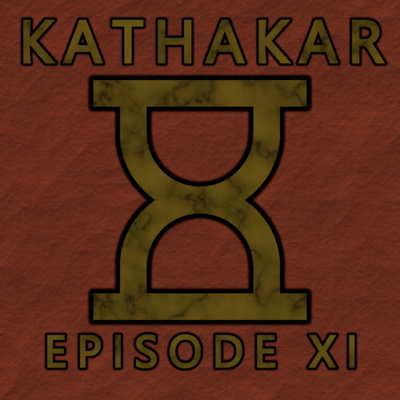
Episode 11: The United States Postal Service and Westward Expansion
Throughout the nineteenth and early twentieth centuries, the United States' history was characterized by its westward expansion. A lasting institution instrumental in understanding this mass settlement is the United States Postal Service (USPS), which sprung up in correspondence to the booms and busts that occurred in town development. With historical post office location data, Dr. Cameron Blevins, an associate professor of history at the University of Colorado Denver and author of the book Paper Trails: The US Post and the Making of the American West, has been able to apply GIS and digital mapping methods to better understand US westward expansion and the development of the USPS. He joins us today to discuss his research and the techniques he used in analyzing trends in Western settlement.
More about his research can be found on his website The Gossamer Network: https://gossamernetwork.com/
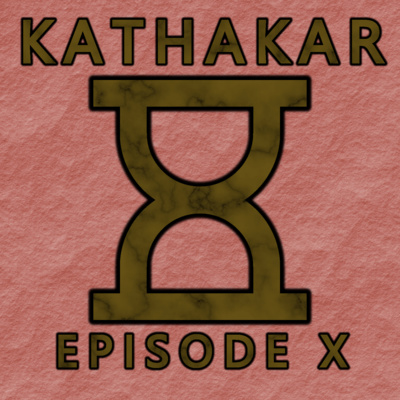
Episode 10: Banking and Trade in the Mediterranean
After the fall of the Roman Empire, Europe was cast into disarray, as several people groups banded together in fiefdoms to ensure survival. However, after decades in the Dark Ages, a light emerged on the European continent and the Late Medieval and Early Modern periods saw a great increase in trade, commerce, and connectedness between the states and kingdoms. Specifically, the Mediterranean saw the development of extensive trade networks with high traffic and risk, creating the need for modern banking institutions. Dr. Francesca Trivellato, the Andrew W. Mellon Professor at the School of Historical Studies at the Institute for Advanced Study, joins us to discuss Mediterranean trade and banking during the 11th to 17th centuries and the various causes behind the innovations.
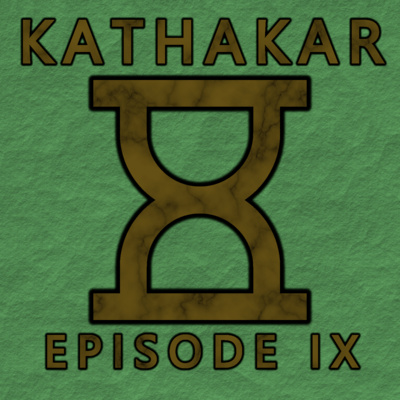
Episode 9: Colonial Zimbabwe
The 19th century in Zimbabwe saw British settlers arrive in search of land and gold. After years of strained British rule, resistance to their authority led to Zimbabwe gaining their independence in 1980. However, decisions made under the British administration have led to inefficiencies and insurrections in today's state. To dive deep into the history of Zimbabwe and the effects of colonial rule on pre-colonial societies and the modern-day nation, we are joined by Dr. Timothy Burke, a Professor of History at Swarthmore College and Co-Director of the Aydelotte Foundation.

Episode 8: The Pullman Strike
Following the Panic of 1893, industrialists across America began cutting corners to reduce costs. George Pullman, chairman of the Pullman Palace Car Company, refused to engage in any collective bargaining proposed by his workers after he reduced their wages. What followed would be America's most famous labor strike, the Pullman Strike, which would push Eugene V. Debs to prominence and become a turning point for US labor law. Join us, as we discuss the complex events of the Pullman Strike with Dr. David F. Krugler, a Professor of History at the University of Wisconsin-Platteville, specializing in U.S. political, diplomatic, and urban history, as well as African-American history.

Episode 7: The Xinhai Revolution
In 1911, the Chinese Dynastic cycle came to an end after 2,132 years of ruling the nation. Following the Xinhai Revolution, China would adopt a republican form of government, yet it would still see further struggles over power. In this episode, we are joined by Dr. Peter J. Carroll, an Associate Professor of History at Northwestern University, to discuss this major transition and its future consequences.
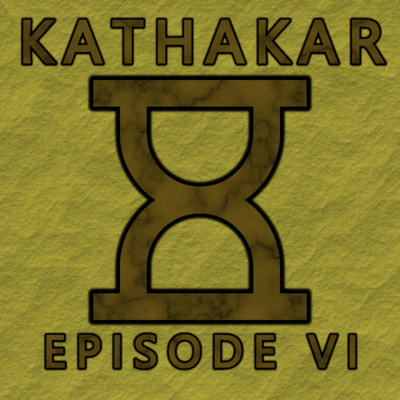
Episode 6: The Treaty of Waitangi
How did the Treaty of Waitangi change the political and judicial landscape of New Zealand? In this episode, Professor of History at the Victoria University of Wellington in New Zealand Dr. Jim McAloon joins us to discuss the origins and legacy of this famous negotiation and the impact it has had on the country.

Episode 5: The Russian Conquest of the Caucasus in the Midst of Alexander II's Domestic Reforms
We are joined by Dr. Peter Holquist, the Ronald S. Lauder Endowed Term Associate Professor of History at the University of Pennsylvania, specializing in Imperial and Soviet Russian history. Dr. Holquist provides us with an insightful outlook on the era of Tsar Alexander II's reign (1855-1881), as we engage in a discussion on his domestic progressive reforms contrasted with his orders for the final conquest of the Caucasus.
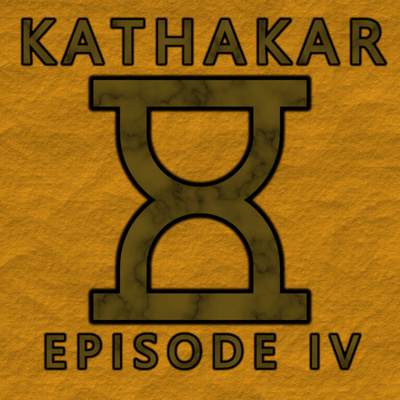
Episode 4: Land Reform in Mexico
Associate Professor of History at the University of Vermont Dr. Sarah Osten joins us for a conversation on land reform in Mexico. How do the frequent changes in leadership and the various attempts at redistributing land build the Mexican economy and societies that we see today?

Episode 3: Francisco Pizarro's Conquest of the Inca Empire
Postdoctoral fellow in the Neukom Institute for Computational Science at Dartmouth College Dr. Jeremy M. Mikecz joins us to discuss Francisco Pizarro's conquest of the Inca Empire and the changes in South American societies that followed along with the uses of digital and spatial methods in the study of early colonial Peru.
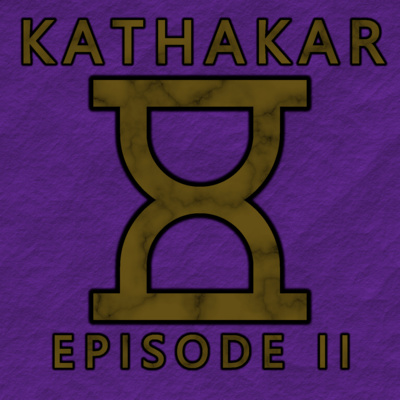
Episode 2: Alexander the Great's Campaign in India
Associate Professor of South Asia Studies at the University of Pennsylvania Dr. Deven Patel and Senior Lecturer of International Studies at the Lauder Institute in the Wharton School Dr. Sudev Sheth discuss Alexander the Great's campaign in India and fusion of Greek and Indian art and culture that took place in the following years.
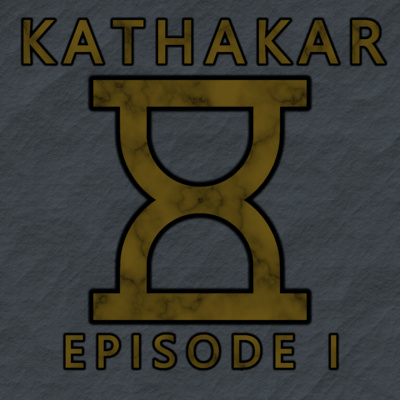
Episode 1: The July Crisis
Chair of the Department of History and Political Science and Professor of History at Ashland University Dr. John Moser discusses the events on the day Archduke Franz Ferdinand of the Austro-Hungarian Empire was assassinated and the series of developments that followed, bringing chaos to nearly all of Europe and soon, the world.

Welcome to Kathakar
Kathakar is a brand new podcast in which your hosts, Arnab, Ansh, and Aniruddh discuss and dissect some of the world's most important turning points in history and their human aspects with esteemed experts. Stay tuned for upcoming episodes, and thank you for listening!